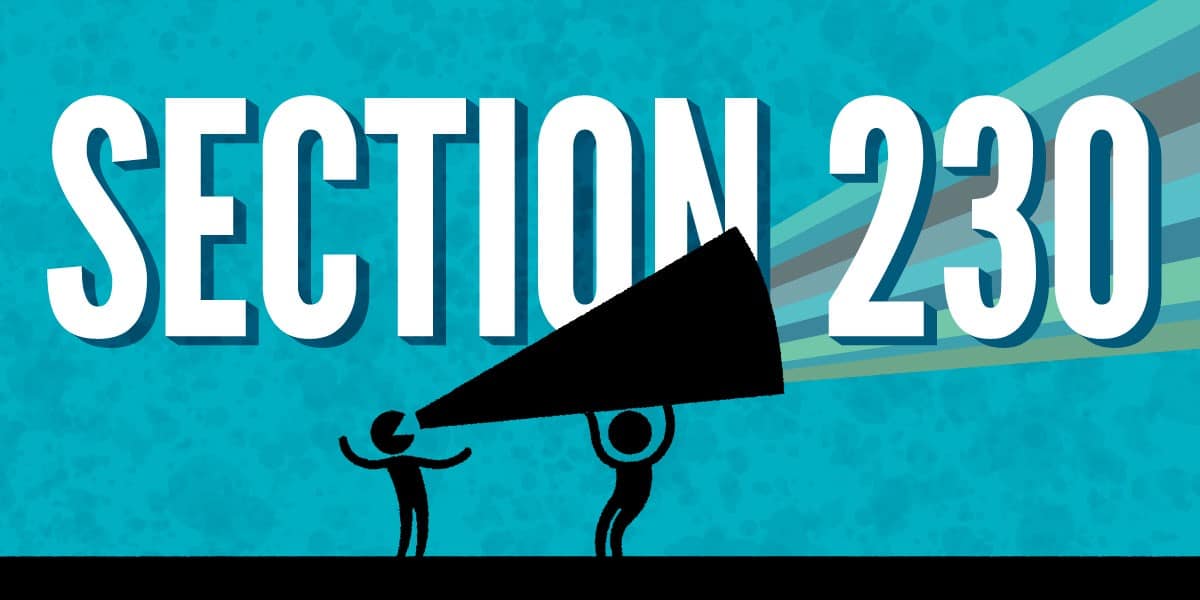Here’s the text translated into American English:
—
In the context of the growing debate over the regulation of digital platforms, new documents revealed in a lawsuit by the Electronic Frontier Foundation (EFF) have highlighted the activity of the Department of Justice (DOJ) during the Trump administration regarding Section 230, a rule that has been fundamental for protecting free speech on the Internet. According to these documents, during the summer of 2020, the DOJ was actively interested in reviewing and weakening this law, which protects platforms from being held legally responsible for content generated by their users.
The files indicate a collaboration between the DOJ and lawmakers to support legislative initiatives that could limit both online expression and user privacy. Among these initiatives are proposals like the EARN IT Act and the PACT Act. Although these laws did not materialize, they reveal a troubling trend toward censorship and control over communication dynamics in the digital space.
Section 230 allows users to express their opinions without fear of facing legal liabilities for third-party postings. However, DOJ officials explored the possibility of conditioning these protections on the adoption of age verification systems on websites hosting sexual content, which could have had a significant impact on online free speech.
The attempt to weaken this section began before Trump issued an executive order targeting social media. In this context, the documents also suggest that the DOJ criticized several amendments to the proposed legislation, arguing that they undermined both its position and the logic supporting the concept of “Bad Samaritans” online—that is, those sites that do not adequately moderate content.
On the other hand, the DOJ made revisions and suggested changes to a regulatory petition submitted to the Federal Communications Commission (FCC), which sought to reinterpret Section 230. However, this initiative never progressed, as the FCC lacked the necessary legal authority to carry it out.
The revelation of these documents is part of a pattern observed in recent years, where the DOJ has made significant efforts to undermine a key law that has ensured free speech in the digital environment, a topic that remains crucial in the contemporary discussion about the regulation of digital platforms and the protection of users’ rights online.
Referrer: MiMub in Spanish
